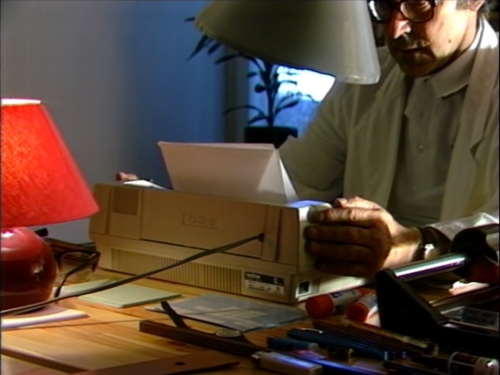
Wilfried Reichart About German-French Film and Television History
CONVERSATION
25.07.2018
EN
Wilfried Reichart shaped the WDR-Filmredaktion in various capacities, leading it from 1980 until 2004. Over the years, Reichart had several conversations with Jean-Luc Godard and grappled with his work in reviews, articles and essays again and again. Reichart: “Honestly, I have always been fascinated by this person. I like the constant rebeginning, the permanent calling into question, in order to then take another step. I find that incredibly exciting about him. This fundamental attitude. The principle of his thinking is always to say no. [...] That’s the difference between him and all the others. Rivette has always made the same films, Truffaut as well, and Rohmer very extremely so. They have all found their style and followed it through until the end of their lives. Godard is the only one who hasn’t done this.”